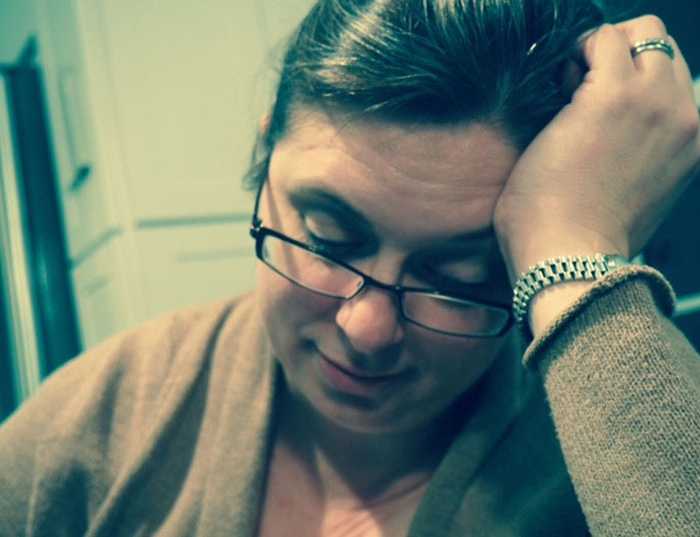Art and Architectural History and the Performative, Mindful Practice of the Digital Humanities
Speakers

Since the early days of the field, art and architectural historians have relied on image-based reproductions of our primary source material to do our work. And yet, Photography and digitization—the two main image-reproduction technologies of the twentieth and twenty-first centuries—do not duplicate their subjects uncritically. They have actively shaped our disciplines in sometimes overt, sometimes covert, ways. That said, photography and digitization are also different technologies from one another, and their use has been implemented fitfully and heterogeneously over time within the field. Art and architectural historians have thus not only become familiar with the process of embedding technologies into the humanities, we have also gathered hard-won, field-wide experience with the impact that their presence and obsolescence can have on our research processes over time. The story is not always one of success. We have often chosen to elide, ignore, or take for granted the ways that the socio-technical environments of these remediations have transformed the daily operations and rituals of our discipline. Because of this time-tested relationship, I wish to argue that art and architectural history offers the Digital Humanities approximately 115 years of experience with being attuned (or not attuned) to the impact of relying on technologically-mediated representations of the phenomenal world to perform humanities research. This type of scholarship, that is, one not directly reliant on primary sources but instead on remediations of those sources, is the fundamental, originary condition of the Digital Humanities.
Speaker Bios
Alison Langmead holds a joint faculty appointment between the Dietrich School of Arts and Sciences and the School of Computing and Information at the University of Pittsburgh. She teaches and researches in the field of the digital humanities, focusing especially on applying digital methods mindfully within the context of visual and material culture studies. For the Department of Art History and Architecture, Alison serves as the Director of the Visual Media Workshop (VMW). The mission of the VMW is to develop and encourage the creation of innovative methods for producing, disseminating, and preserving the academic work using digital technologies as a fundamental component of our scholarly toolkit. To achieve these objectives, she directs a technologically-focused environment of collaboration and creativity where students and faculty from a number of departments across the University come together to work on projects that apply digital methods and techniques with focus and intention. For the School of Computing and Information (SCI), Alison researches the relationship between the historical practice of information management and digital computing, both as a historical narrative and also as a complex, changing process in contemporary America. This research, plus all of the theories, concepts, and models that she teaches at SCI, are put into daily practice in her work directing the VMW. In terms of teaching, Alison teaches courses in digital preservation and the digital humanities, especially, but not exclusively, at the graduate level.Alison is also the principal contact for the DHRX: Digital Humanities Research at Pitt initiative, which represents a transdisciplinary network of scholars here at the University of Pittsburgh who use digital methods to study the ways in which humans interact with their environments, whether social or cultural, natural or human-created.
Media
A continuously updated schedule of talks is also available on the Digital Dialogues page.
Unable to attend the events in person? Archived podcasts can be found on the MITH website, and you can follow our Digital Dialogues Twitter account @digdialog as well as the Twitter hashtag #mithdd to keep up with live tweets from our sessions. Viewers can watch the live stream as well.
All talks free and open to the public. Attendees are welcome to bring their own lunches.
Contact: MITH (mith.umd.edu, mith@umd.edu, 301.405.8927).
